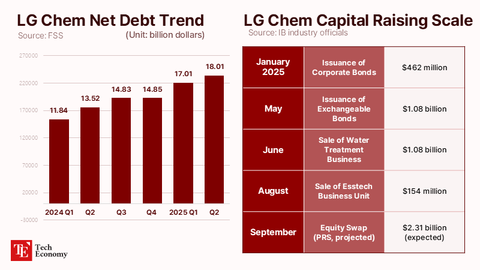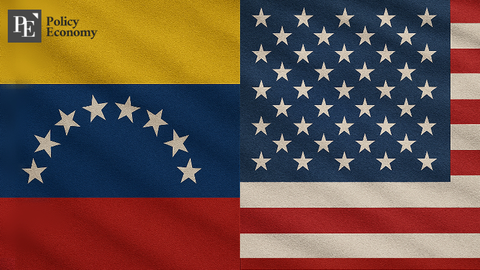EU Regulations, Obstacles, and Prospects for Organic Agriculture
Input
Modified
Thanks to the European Union's (EU) strong support, organic farming is expanding quickly throughout Europe. Regulations governing the operations of organic farms are largely defined by the EU. EU regulations affect every aspect of the organic industry, from determining what can be sold as organic to determining which farming methods are permitted. Are these policies effective, though? And what obstacles still exist?
One of the most significant pieces of legislation pertaining to organic farming is the EU Organic Regulation (EU) 2018/848. It establishes the substances that can be used in organic food, which goods can be branded as organic, and how farmers can obtain the EU organic badge. The planned New Genomic Techniques (NGTs) law is another significant policy reform. Genetic modification regulations, food labeling, and organic farmers' capacity to select non-GMO crops may all be impacted by this. The organic business environment is still being shaped by additional governmental ideas, such as stronger green claims regulations and new sustainable labeling guidelines.
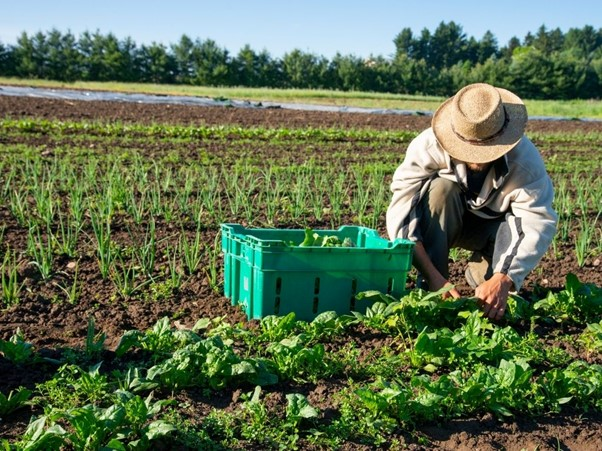
As part of the Green Deal's Farm to Fork initiative, the EU aims to have at least 25% of its agriculture be organic by 2030. Only 10.5% of EU agriculture was organic in 2022, up from 5.9% in 2012. The growth rate of organic farming must accelerate to meet the 25% target. Organic farming is currently expanding at a rate of roughly 6% annually. This must rise to about 10% annually. Thus, until 2030, an additional 2.9 million hectares must be converted to organic farming each year. Through the Common Agricultural Policy (CAP) for 2023–2027 and the EU Action Plan for Organic Production, the EU is attempting to promote organic farming. Farmers receive financial assistance from CAP, and national plans want to raise the percentage of organic farming to 10% by 2027. Reports, however, indicate that these initiatives might not be sufficient to meet the 25% goal by 2030.
In 2024, the European Court of Auditors (ECA) published a study evaluating the effectiveness of EU funding for organic farming. Since 2014, the EU has invested over €12 billion to promote organic farming. But according to the research, organic production has not increased much as a result of the funding. The ECA report's main conclusions emphasize the absence of adequate tracking and monitoring methods, ineffective cash allocation, and the sluggish expansion of organic farming. These results imply that although the EU is investing much on organic farming, the results are not as significant as anticipated. Improvements must be made if the EU is to meet its organic farming targets. To successfully resolve issues, experts advise better funding distribution, enhanced monitoring systems, and increased interaction with farmers and others.
Although organic farming has numerous advantages, there are drawbacks as well. Because organic farming does not use synthetic fertilizers and pesticides, the soil and water are cleaner, which reduces pollution. Additionally, because organic farms don't use dangerous pesticides, pollinators like bees and butterflies do better there. Additionally, by encouraging a more diverse range of plants, animals, and insects, organic farming contributes to biodiversity. Over time, it increases soil fertility, lowers the chance of soil erosion and degradation, and eventually makes land more sustainable. By encouraging natural soil enrichment processes, carbon absorption, and lower energy consumption than intense conventional farming methods, organic farming also lowers greenhouse gas emissions.
Organic farming does, however, come with challenges. Organic food might be more costly than conventional food due to lower yields. Manual operations like weeding and pest control demand more manpower, which raises the cost of manufacturing. Since organic farmers do not utilize genetically modified organisms (GMOs), their crops are more susceptible to pests and climate change, which presents another challenge: limited crop variety. In organic farming, seasonal constraints can affect the year-round supply of food. To successfully switch to organic practices, farmers require more technical training and knowledge, which may make it difficult for new organic farmers to get started.
Alternative farming methods like hydroponics and vertical farming are growing in popularity due to the drawbacks of organic farming. With hydroponics, plants are grown in nutrient-rich water rather than soil. This method enables farming in urban environments, saves water, and boosts yields. Another creative approach is vertical farming, which uses little area to grow crops in stacked layers. It minimizes land consumption and is perfect for urban farming. These techniques can enhance productivity and increase the sustainability of food production, which can support organic farming. Another sustainable practice is agroforestry, which involves growing crops and trees together to increase soil fertility, biodiversity, and carbon sequestration while giving farmers a variety of revenue streams.
Organic farming has benefited from EU funding, but there are still issues. The EU's organic agricultural programs can be strengthened with better finance plans, enhanced oversight, and increased farmer involvement. The industry can be strengthened by increasing consumer awareness of the advantages of eating organic food, developing organic market infrastructure, and growing financial assistance programs for small-scale farmers. Growing cooperation among EU policymakers, organic farming associations, and academic research institutes will foster the development of creative solutions to raise the sustainability and efficiency of organic farming. A more sustainable food system can be achieved in large part through organic farming, but in order to satisfy the increasing demand for sustainable food production, organic farming must develop alongside cutting-edge farming methods. Europe will advance toward a more resilient and ecologically friendly agricultural future by combining traditional organic farming with contemporary sustainable technologies.
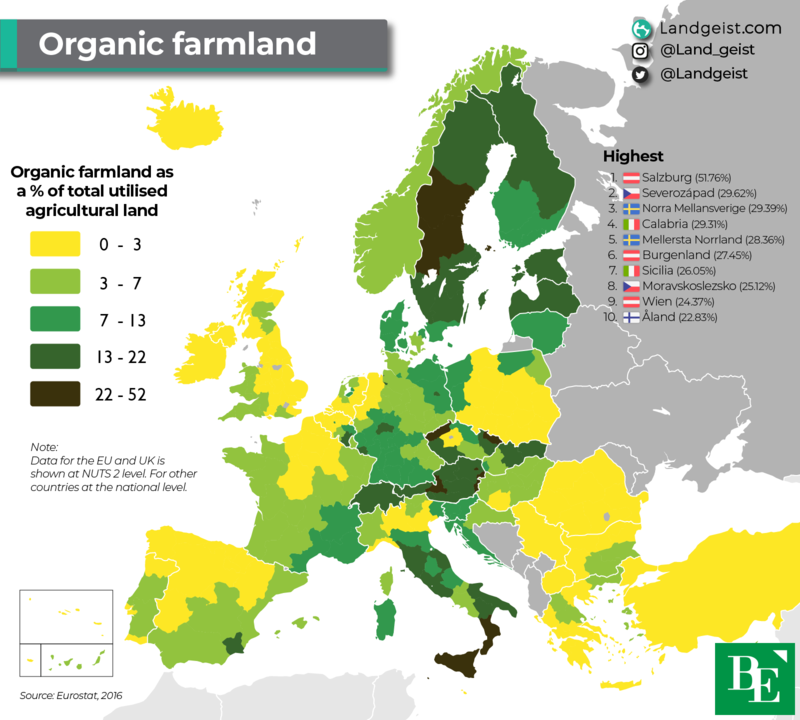
The market for organic foods is significantly shaped by consumer behavior in addition to EU regulations. Organic products are becoming more and more popular as people become more conscious of environmental and health issues. Price is still a major obstacle, though. Because organic food is frequently more expensive than its conventionally cultivated counterparts, people with lesser incomes may find it more difficult to obtain. Businesses and governments can collaborate to lower the cost of organic food by using direct farm-to-consumer methods, price incentives, and subsidies. To encourage more farmers to embrace sustainable practices and boost the total availability of organic food, another tactic is to raise the knowledge surrounding organic farming.
Furthermore, organic producers are facing new difficulties because of climate change. Crop yields are under threat from rising temperatures, harsh weather, and erratic growth conditions. Organic farmers must use climate-smart practices, such as drought-tolerant crops, better irrigation systems, and soil conservation measures, to reduce these risks. For organic farming to remain sustainable over the long run, research and development will be essential.
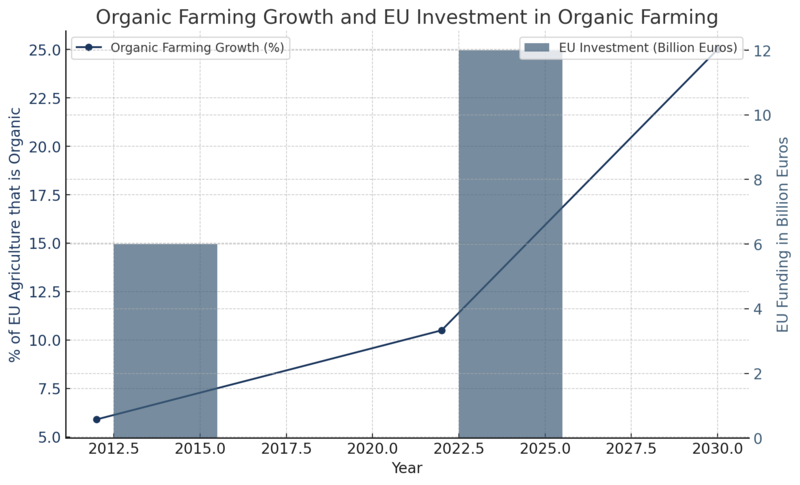
Organic farming may continue to grow in the EU and around the world with the correct mix of market incentives, consumer education, regulatory backing, and technology breakthroughs. The organic industry has the power to revolutionize European agriculture and build a more robust, ecologically responsible, and health-promoting food system. Europe can take the lead in establishing organic farming as a popular and sustainable agricultural model for the future by tackling current issues and seizing new opportunities.





